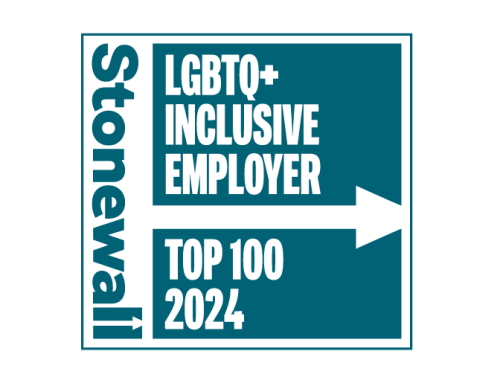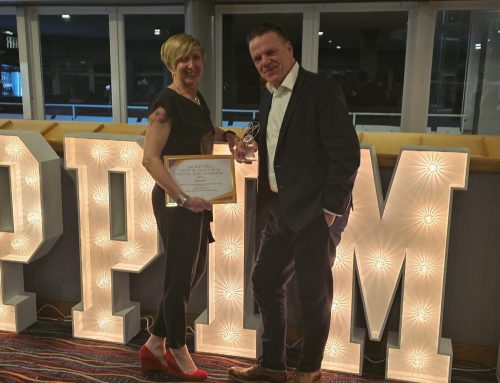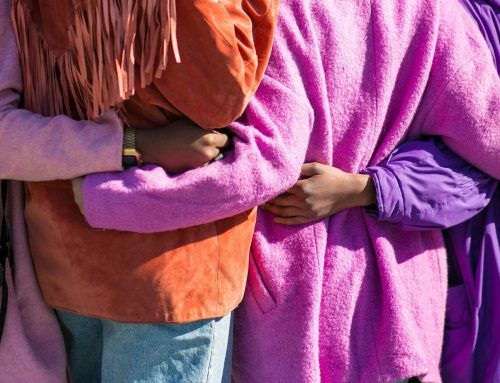International Women’s Day events are held worldwide on March 8 to celebrate women and their global contribution. Various women, including political, community, and business leaders, as well as leading educators, inventors, entrepreneurs, and television personalities, are usually invited to speak at events on the day, highlighting their successes to illustrate how much progress has been made, and often how much further there is still yet to go.
Many students in schools and other educational settings participate in special lessons, debates or presentations about the importance of women in society, their influence, and issues that affect them. In some countries school children bring gifts to their female teachers and women receive small presents from friends or family members. Many workplaces make a special mention about International Women’s Day through internal newsletters or notices, or by handing out promotional material focusing on the day.
Much progress has been made to protect and promote women’s rights in recent times. However, nowhere in the world can women claim to have all the same rights and opportunities as men, according to the UN. The majority of the world’s 1.3 billion absolute poor are women. On average, women receive between 30 and 40 percent less pay than men earn for the same work. Women also continue to be victims of violence, with rape and domestic violence listed as significant causes of disability and death among women worldwide.
The first International Women’s Day occurred on March 19 in 1911. The inaugural event, which included rallies and organized meetings, was a big success in countries such as Austria, Denmark, Germany and Switzerland. The March 19 date was chosen because it commemorated the day that the Prussian king promised to introduce votes for women in 1848. The promise gave hope for equality but it was a promise that he failed to keep. The International Women’s Day date was moved to March 8 in 1913.
The UN drew global attention to women’s concerns in 1975 by calling for an International Women’s Year. It also convened the first conference on women in Mexico City that year. The UN General Assembly then invited member states to proclaim March 8 as the UN Day for Women’s Rights and International Peace in 1977. The day aimed to help nations worldwide eliminate discrimination against women. It also focused on helping women gain full and equal participation in global development. International Men’s Day is also celebrated on November 19 each year.
At Touchstone, women represent 67% of all staff, 50 % of our Senior Management Team and 65% of all managers. Our Board sets targets for the employment of women and for take up of services by women which we currently exceed.
On 6th March, Alison Lowe, our CEO, will address two conferences in Leeds on the issues facing women in work in the 21st Century and the challenges women still face getting into senior management positions across all sectors.
We know this is wrong and that it fails to exploit the talent that women bring to their environments and that is why International Women’s Day is still necessary but, we hope, not for much longer.
In the words of Secretary-General Ban Ki-moon:
“Countries with more gender equality have better economic growth. Companies with more women leaders perform better. Peace agreements that include women are more durable. Parliaments with more women enact more legislation on key social issues such as health, education, anti-discrimination and child support. The evidence is clear: equality for women means progress for all.”





